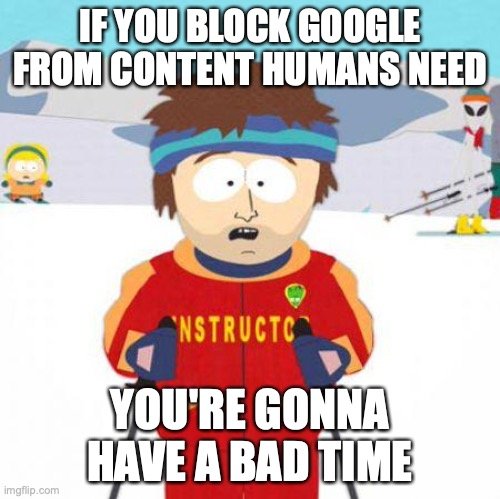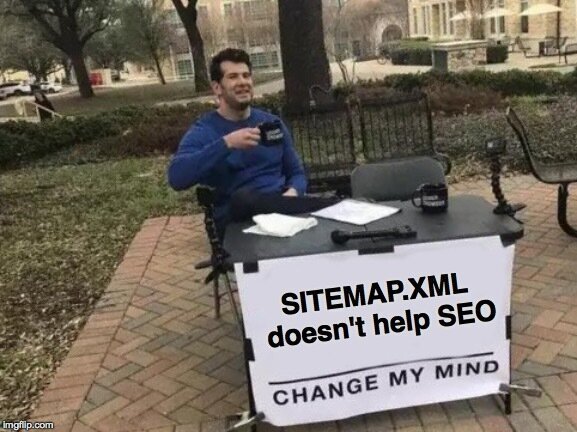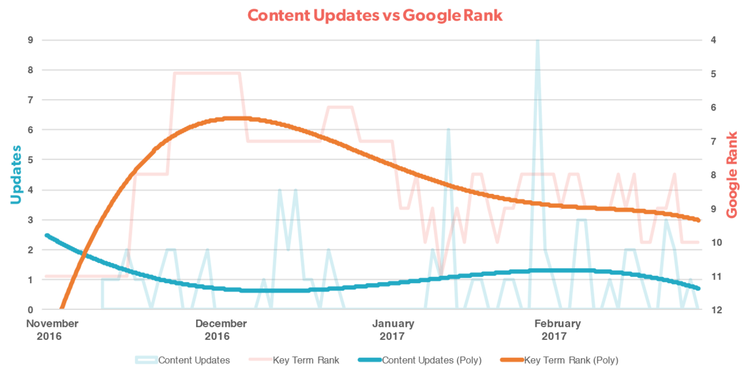Blog
Over the years, I’ve written a lot of blogs on several sites. Some of my favorites are here, mixed in with my original content. Enjoy.

The Sunk Cost Fallacy in content marketing and SEO
I tend to be very reluctant to remove old content, because Internet Bit Rot is a serious problem. It’s hard to find old-but-good information when you need it.
But over time, I've softened my "keep all content forever" position. Jimmy Daley at Animalz offers useful advice to identify when content has served past its sell-by date, and how to convince your boss to let it go.

SEO fail? Content to the rescue!
A story of how a company trashed its SEO rankings by accident, and how we rescued it. Using pure 100% white hat SEO techniques – no tricks, just great content.

SEO meta tags: "NOINDEX,FOLLOW" not recommended
If you set your category pages to NOINDEX, Google warns it may not be able to understand that those products are actually useful and important. So maybe don’t do that without a really, really strong reason.


Are domains with a keyword in them good for SEO? Not since 2012.
A couple years ago, a domain squatter offered to sell "massachusettstriallawyer.com" to one of my clients for $500. They came to me for a sanity check. Short answer was "No", and the long answer was “Oh HELL no”.
So let's talk about why.

Do sites really need a Sitemap.xml for good SEO?
There is no shortage of SEOs saying a sitemap.xml is practically mandatory. But does SEO really benefit from a sitemap file?
(Betteridge’s Law applies. Mostly.)

Should I Google AMP my website?
I get a lot of questions about Google AMP and what it means for my clients’ websites. In this article, I’ll discuss what AMP is, some pros and cons of adding AMP to your website, who benefits from AMP, and whether you should AMP your site.
(Or you can skip it. As of 2021, Google is no longer shoving it down our throats. Yay!)

SEO lessons learned: There are no “days off” in content development
You already know that SEO benefits from frequent content updates. We discovered the hard way the inverse is true, too. Inconsistent updates can be a major contributor to losing rank.

Best URL structures for global websites
When working on a multi-lingual or regionalized website, one of the first and most important decisions is how to handle URLs. Do you use ccTDLs? Country-codes subfolders? Subdomains? Do you want mysite.co.uk or mysite.com/uk or uk.mysite.com?
These decisions have a tremendous impact on your SEO, how people perceive your brand as a whole, how local search engines view your brand, as well as the internal politics of each region or division within your brand…
